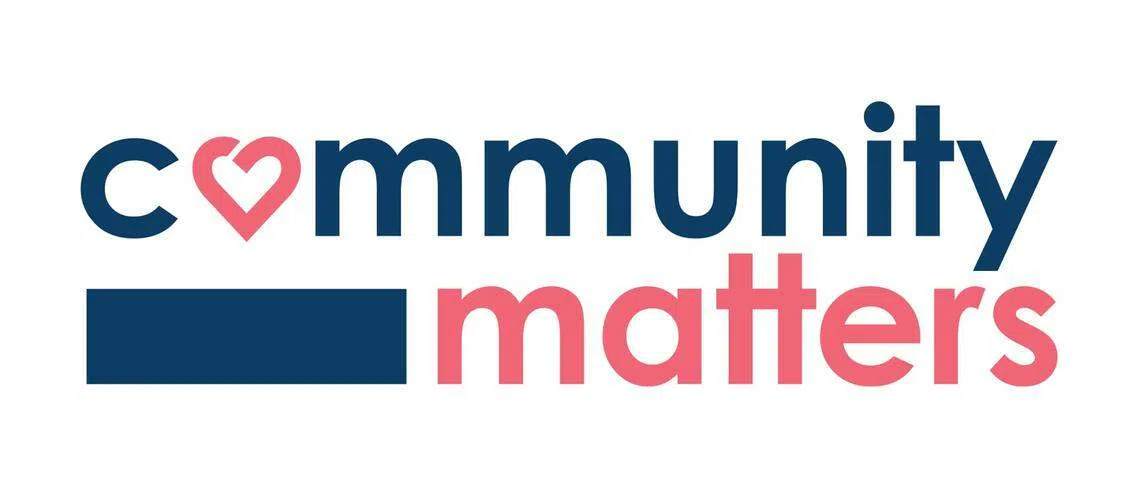Charities discover endless possibilities with design thinking
NVPC and BNP Paribas’ Design for Community Action workshop helps non-profits learn new ways of working
Uma Venkatraman
LOVE, Nils and YMCA of Singapore wanted to organise suitable and new sports programmes for their beneficiaries, but they had neither the sporting knowledge, expertise and resources to do so nor the right connections to advise them.
Love, Nils – a charity that works to ensure a holistic range of support for children with cancer and their caregivers – wanted to identify activities these children could safely engage in, while YMCA was looking for alternative sporting activities for youth-at-risk and special-needs youth.
The Design for Community Action (DCA) workshop was the common thread that connected the two. After attending it, the companies collaborated and achieved their goals – to pilot a sports day that is safe and conducive for both groups of beneficiaries.
Also benefiting from the workshop were SG Cares Volunteer Centre @ Yishun and Limitless, who got together to develop a framework for volunteer engagement to combat volunteer attrition; and Care Singapore, which worked with Free Food For All to start a conversation in the Singapore community on food and mental health.
DCA was co-created by the National Volunteer And Philanthropy Centre (NVPC) and BNP Paribas.
Daniel Han, director, Design Factory Asia, BNP Paribas Wealth Management, said: “Giving back to society has always been a core focus of BNP Paribas’ corporate social responsibility efforts. We do this through both time-based volunteering and skills-based volunteering. NVPC looks at supporting the non-profit community by bringing industry best practices to them, and when they approached us to see how we could bring design thinking to non-profits, it felt like a natural fit and a perfect opportunity to work together.”
Navigate Asia in
a new global order
Get the insights delivered to your inbox.
Design thinking is a new way of working, featuring skills such as analytical thinking and innovation, active learning and learning strategies, creativity, originality and initiative.
Han said: “Working in the Innovation Lab, these new ways of working are integrated in our day-to-day work, and we felt that the methodology could benefit the non-profits.”
He added: “The intent of DCA is to bring design thinking know-how to non-profits to solve some of their pertinent problems. It’s not just about training (them) in design thinking, but selecting a problem area, going through a design thinking process, and implementing a solution for that problem in 60 days.”
Each DCA edition is theme-based – for the latest run, the theme was collaboration. Previous themes include fund-raising and skills-based volunteering.
Marcus Tang, deputy director of Community Matters in NVPC, said: “There is strength in collaboration. We explored getting non-profits to collaborate with each other in our latest run of DCA workshops.”
“We also want to involve other enablers and corporate partners to team up with the charities to co-create a solution that the charities can implement,” he added.
The DCA aims to help charities upskill their staff. “We saw this as an opportunity to teach charities new ways of working and apply these practices immediately to solve their problems,” he said.
DCA participants attend a full-day design-thinking workshop where they go through problem discovery and definition, before ideation and concept development. BNP Paribas and NVPC then “run bi-weekly check-ins with the non-profits to nudge them along the way so that an outcome can be reached in 60 days”, Han said.
At the check-ins, participants explore the use of other design thinking tools that might help them; draw parallels and learnings from corporates that they could use to move them forward; and receive guidance on specific enablement topics if required, he added.
Tang described each DCA workshop as an iterative process. “Every workshop experience is different. We do post-mortems for the two teams to help plan for subsequent DCA workshops. The experience can be tweaked to bring about the best outcomes for participants during the workshop and after so that the conceptualised ideas come to fruition.”
He added: “Not all charities will gain an implementable solution – that is fine because through the workshop, we have exposed them to new ways of working. For the majority who came up with an implementable solution, the feedback has been positive and there is recurring interest to participate in future DCA runs.”
Han said: “Of course, nothing beats the satisfaction of seeing the tangible outcomes that have come from the charities that have been part of our workshops.”
For the participants, it is an invaluable learning experience. Khim Tan, executive, volunteer-membership management, YMCA of Singapore, said the workshop “helped us think the project through from the start, and it made us more well-prepared for challenges that came up after”.
One of the key takeaways for Limitless social worker Khoo Yi Feng was to begin the journey with empathy and tie the concept into the user journey map. “It really made a difference as it enables us to capture the highs and lows of our volunteers’ experiences,” he said.
For Mohamed Firdaus Anwar, partnerships, fundraising and events lead at Free Food for All, what struck home was understanding that “we may have a lot of ideas, but sometimes we have to consider the feasibility of our ideas”.
To participate in the DCA, or for more information, get in touch with community@nvpc.org.sg

Decoding Asia newsletter: your guide to navigating Asia in a new global order. Sign up here to get Decoding Asia newsletter. Delivered to your inbox. Free.
Copyright SPH Media. All rights reserved.

